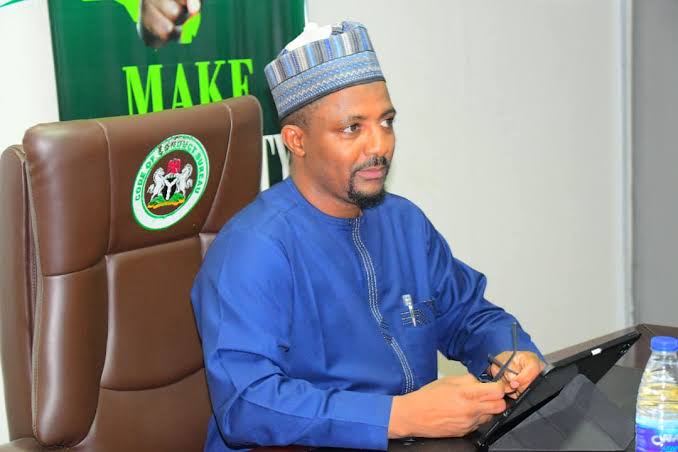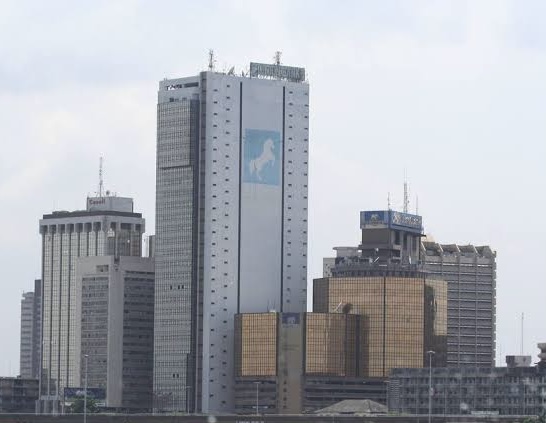
The National Biotechnology Research and Development Agency (NBRDA) has clarified that the reappointment of its Director General, Professor Abdullahi Mustapha, for a second term was duly authorised by President Bola Tinubu.
This was disclosed in a statement issued on Tuesday in Abuja by Mrs. Toyin Omozuwa, Press Secretary to the NBRDA Director General.
Omozuwa said the agency’s attention was drawn to a news article published by an online edition of a national daily, which raised concerns and cast doubt on the legitimacy of Professor Mustapha’s reappointment.
“We find it necessary to correct the misleading narrative and reaffirm the objective, verifiable facts and legal basis for Professor Mustapha’s renewed appointment.
“Contrary to the insinuations in the report, the renewal of Professor Mustapha’s appointment was duly authorised by President Bola Tinubu, in accordance with Sections 10(1) and 10(3) of the National Biotechnology Development Agency (Establishment) Act, 2022.
“This presidential approval was conveyed through a formal letter signed by the Secretary to the Government of the Federation (SGF), Senator George Akume, dated 6 November 2024, with reference number SGF.51/S.4/T./84,” she stated.
Omozuwa emphasised that the SGF acted as the authorised channel for communicating the President’s decision.
She noted that claims made by groups such as the Independent Public Service Accountability Watch (IPSAW) and the Academic Staff Union of Research Institutions (ASURI) do not supersede the legal authority vested in the President by law.
She further dismissed assertions that the reappointment violated existing regulations as “inaccurate and unfounded.”
According to her, Professor Theophilus Ndubuaku, Secretary General of ASURI, had previously commended the reappointment in a congratulatory letter dated 18 November 2024, with reference number ASN/NBRDA/CM/1124/01.
“Your reappointment is a bold testament to your superlative performance during your first tenure, which brought stability to NBRDA and showcased your exemplary administrative acumen and visionary leadership,” Ndubuaku wrote.
“By emerging as the top choice after a rigorous and competitive selection process for your initial appointment, you set a precedent of excellence, which you have consistently upheld. We particularly commend your mentoring of the growing cadre of young researchers at NBRDA, fostering innovation, dedication, and professional growth.”
Omozuwa expressed surprise that, despite such commendation, the ASURI Secretary General had since questioned the legitimacy of the same reappointment.
“If, as he stated, the first tenure brought excellence and institutional stability, it is difficult to reconcile such high praise with a sudden call for a leadership change – especially one that could destabilise the progress he once applauded.
“One must ask: is this about national interest, or something else entirely?” she queried.
She affirmed that Professor Mustapha’s reappointment—for a final five-year term effective 31 October 2024—was based on legal conformity, merit, and a commitment to sustaining institutional progress.
Omozuwa noted that under Mustapha’s leadership, the agency had recorded significant achievements in indigenous pharmaceutical production and research capacity development.
“We urge the media to exercise due diligence in fact-checking and avoid publishing speculative or misleading information that could erode public trust in government institutions,” she added.












